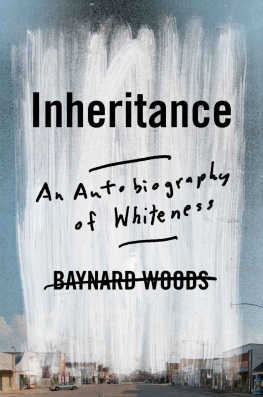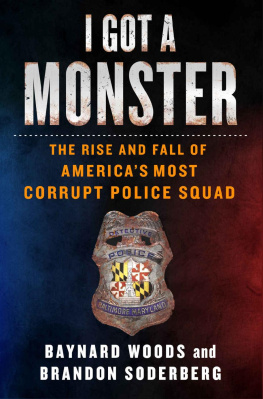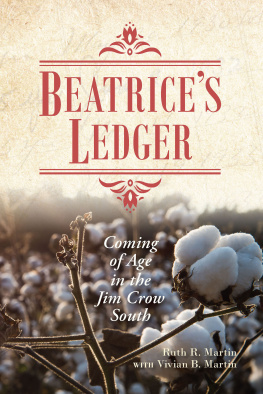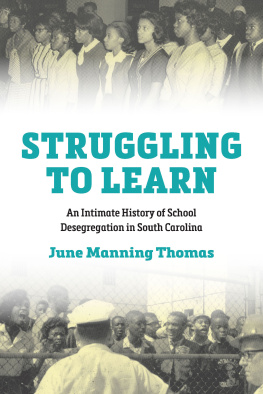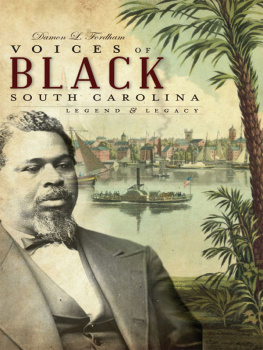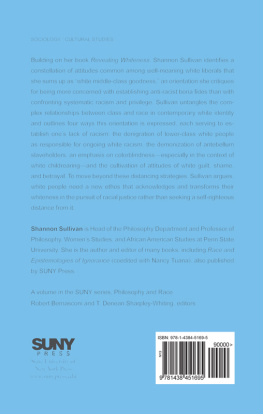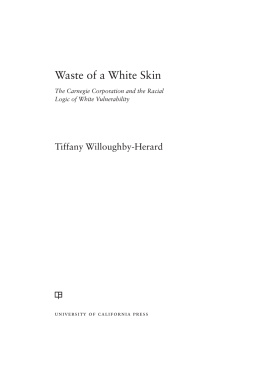This memoir reflects the authors memory of events. Dialogue has been re-created from recollection. Some names and identifying features have been changed for the sake of privacy.
Hachette Book Group supports the right to free expression and the value of copyright. The purpose of copyright is to encourage writers and artists to produce the creative works that enrich our culture.
The scanning, uploading, and distribution of this book without permission is a theft of the authors intellectual property. If you would like permission to use material from the book (other than for review purposes), please contact permissions@hbgusa.com. Thank you for your support of the authors rights.
Grand Central Publishing is a division of Hachette Book Group, Inc. The Legacy Lit name and logo is a trademark of Hachette Book Group, Inc.
The publisher is not responsible for websites (or their content) that are not owned by the publisher.
The Hachette Speakers Bureau provides a wide range of authors for speaking events. To find out more, go to www.hachettespeakersbureau.com or call (866) 376-6591.
Tap here to learn more.
More than 200 million Americans carry whiteness around with us all the time. It defines our mothers and our fathers and so many of the people we love. And yet we dont understand our whiteness at all. Just as our skin is the place where our body intersects with the world, our whiteness is where our experience of the world is shaped by power.
Because it defines us, we cannot see our own whiteness and how it lies at the root of so many of the seemingly novel problems weve witnessed in recent years. And this is why it is so dangerous. Even when we are shocked by the racist demagoguery of Trump or the Nazi flags in Charlottesville, we tell ourselves that it is not about us. And since whiteness is the lens through which we see the world, we believe that lie.
This book is an attempt to see my own whiteness.
It might strike people of color strangely, that the force of whiteness remains so obscure to us white people. This lack of self-knowledge is why we have offloaded the labor of thinking about whiteness to Black writers. We lean on them, and it allows us to see whiteness as something external, and so we continue to feel safe in the invisibility of our personal whiteness.
In the first draft of this book, I tried to do a version of this external story, to outline my whiteness as social history, without really putting my own skin in the game. It felt safe that way, because the idea of structural racism protects me from thinking about myself or my family as racist. It is useful, but it can also give us an excuse not to examine our own lives.
As a reporter I covered the first Tea Party rally, the Baltimore Uprising, the massacre of nine Black churchgoers in Charleston, the Trump regime, the alt-right, and the racist rally at Charlottesville, and I imagined that by investigating these moments and interrogating the totalitarian history of my home state, South Carolina, I could draw an outline of whiteness without involving myself too much. It was an unconscious moveit was how whiteness works.
My editor noticed the distance immediately. Write about whiteness from the inside, she said.
So, in a fit of furious self-recognition, I wrote this as rawly as I could. I tried to feel my whiteness, assessing its impact on the present, tracing it back to the past, and attempting to figure out how to defuse this bomb for future generations.
I sought out the gaps between my self-perception and reality because in those lacunae, I might catch my whiteness at work. This account is as honest as I can make it, but the process has taught me how much I cannot see. The task is urgent. History has shown that the problems posed by whiteness will not fade. White fury will get worse as it exacerbates the other problems were facing. Whiteness fuels fascism, surveillance capitalism, mass incarceration, ballooning police budgets and shrinking social services, toxic masculinity, the ecological crisis, Trumpism, and countless other catastrophes befalling us.
The stakes could not be higher. We cannot outsource the effort of dealing with whiteness to those most targeted and harmed by it. We white people must accept that responsibility.
I have changed the names of many people in this book because accepting responsibility for my whiteness, recognizing it as an obligation, is not about blaming others or proving myself superior or even inferior to anyone else. But I could not change my own name, Baynard Woods, however much I may want to.
My family held people in bondage for centuries. In 1860, for instance, the Baynards and the Woodses combined held more than seven hundred people in bondage. My name is a Confederate monument, a testament to a totalitarian slavocracy. That is the truth of my familys pastthe source of my identity as white. To change my name would only continue the cover-up that has constituted whiteness for the last 150 years. And so I leave my name here, on the cover of this book, but I cross it out, both marking off that history and acknowledging it. The mark through my name is a reminder of my civil, psychological, and ethical obligation.
In what follows, I seek to use memory to strip my whiteness of its defenses and see it for what it has always been.
Baynard Woods
I woke up late, Dad yelling at my door.
Move it or lose it, he hollered.
It was early for me to be out of bed on a summer morning, but my friend Chuck and I were going to ride downtown to skateboard when Dad went to work today, and Id hit snooze one too many times. Dad was never late for work. I threw on some shorts, a T-shirt, socks, and my smelly Vans skateboard shoes and hurried down the stairs.
In the kitchen I gulped down a glass of milk, and as it coated my throat with coolness, I stared absently out the window at the woods that extended for miles behind our wooden two-story house in Irmo, South Carolina, a leafy suburb ten miles from the state capital, Columbia. Then I noticed that the thermometer mounted outside the kitchen window read 87 degrees already. It wasnt even eight oclock yet. It was going to be hot.
Make sure you drink enough, said Mom, handing me a five-dollar bill and a small plastic bottle of Coca-Cola. And dont get hurt. Youve got to take the SAT this weekend.
I ignored her and picked up my skateboard from where it was leaning against the wall, the glittering grip tape refreshingly rough against my fingers.
Just think, she continued. Next summer you could go to Duke.
Mom, I groaned. I told you, I dont want to go to Duke next summer.
Youve got to think about your future, Son, Dad said, walking into the kitchen wearing a blue button-down shirt and a red tie, holding his sport coat on a hanger in his hand. His graying hair was washed and parted to the side, his mustache neatly trimmed beneath his nose.

